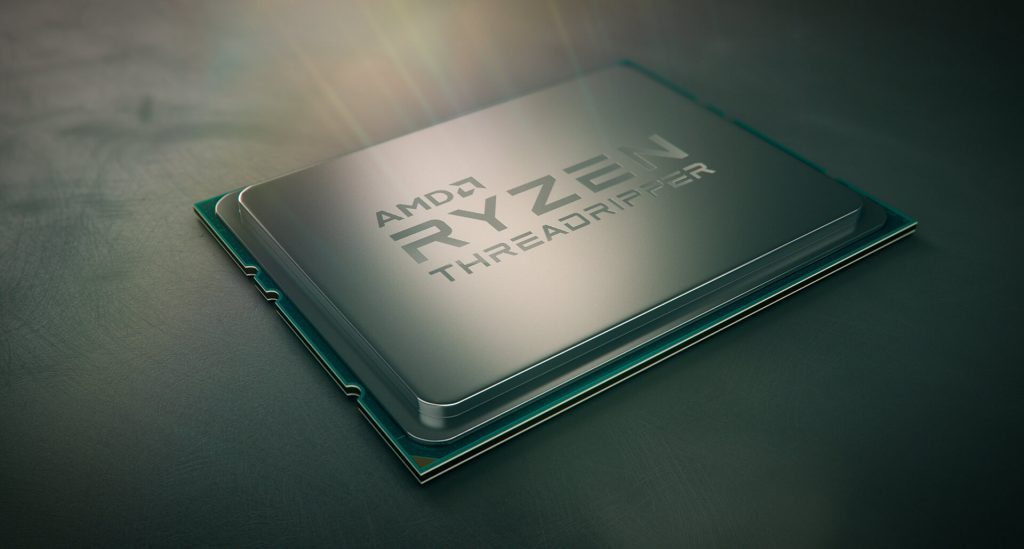This week, well-known overclocker and delidder, Der8auer, decided to take a look at what was going on under the hood of AMD's Threadripper processors. We already know that this particular CPU uses two dies containing eight cores each, connected via Infinity Fabric. This is how AMD managed to hit 16-cores. However, Der8auer happened to find four dies on his Threadripper sample, leading to some confusion. Fortunately, AMD's James Prior has stepped in to clear things up.
Given that Threadripper contained two extra dies than expected, some came to the conclusion that these CPUs were originally planned for the EPYC line but didn't meet the grade. That doesn't appear to be the case though. While the two additional dies inside of Threadripper do contain cores, they have no path to operation, essentially making them useless.
Over on Twitter, AMD Senior Product Manager, James Prior offered some explanation: “Threadripper is not a Epyc processor. Different substrate, different dies. 2 dies work, other 2 have no path to operation. Basically rocks”. Prior also added that the additional dies are described as “dummy” rather than inactive as they aren't going to work whether they are dead or not.
It seems these two extra die are merely included to help fill space. It is cheaper for AMD to re-purpose failed dies from the Zepplin wafer than it would be for them to create matching empty silicon to fill the space.
KitGuru Says: While it would have been exciting to see people tinker around with Threadripper and unlock some additional cores, AMD's explanation makes it clear that won't be happening. Ultimately what we have here is just a clever use of additional materials to leave less wastage.
 KitGuru KitGuru.net – Tech News | Hardware News | Hardware Reviews | IOS | Mobile | Gaming | Graphics Cards
KitGuru KitGuru.net – Tech News | Hardware News | Hardware Reviews | IOS | Mobile | Gaming | Graphics Cards




It’s not a “clever way to use extra space”. It’s a clever way to report higher yields on the wafers.
It’s called binning, higher performing chips go into higher performance cpu’s. Dyes with failed cores are sold as lower end hardware, this is commonplace for both amd and Intel.
Although they should have just said that they were inactive epyc cores
I don’t see the problem here, we had those x2 and x3 phenoms that they where x4 with dead cores that where selling in lower price and advertised as x2 and x3 in the past. What is different now?
Still they sell what they advertise, why it matters if there are 2 dead cores in that lid?